A webinar was held on 20th august 2020 under the auspices of the Karachi council on foreign relations (KCFR). Ikram Sehgal, chairman KCFR chaired the Webinar. Moin Fudda, Senior Member KCFR moderated the webinar. The moderator welcomed all the participants and the chief Guest, Dr. Abdul Hafeez Sheikh, advisor to the Prime Minister on finance and revenue and Dr. Rashid Amjad, Professor of economics, Director of Graduate Pakistan Institute of Development economics and the center of Migration. The chairman made a welcome address and handed over the webinar to Mr. Moin Fudda for further proceedings.
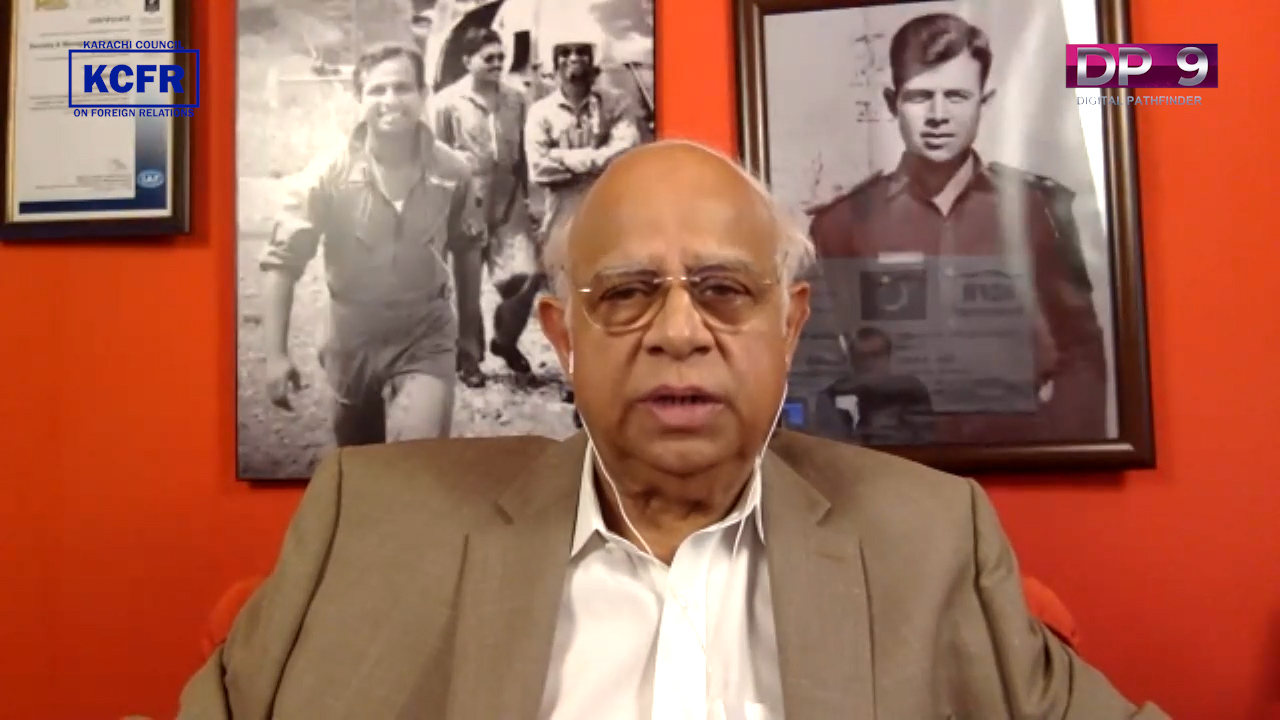
In his opening remarks, the chair said that Pakistan is not an easy country to deal with the economy, and is fighting the battle on many fronts. Two years ago when the PTI government came in and Dr. Abdul Hafeez Shaikh, a consummate technocrat had taken over, with his tremendous experience he has basically really done a lot of good and that good is now coming to light in the form of how we have managed to confront the COVID19 pandemic and quite unscathed at the moment, he managed to pay our debts, etc. Mr. Sehgal wanted to thank Dr. Hafeez Shaikh personally for agreeing to join the seminar with any hesitation. “I am proud to have been associated with him even though I am not an economist but I have seen him at close range”.
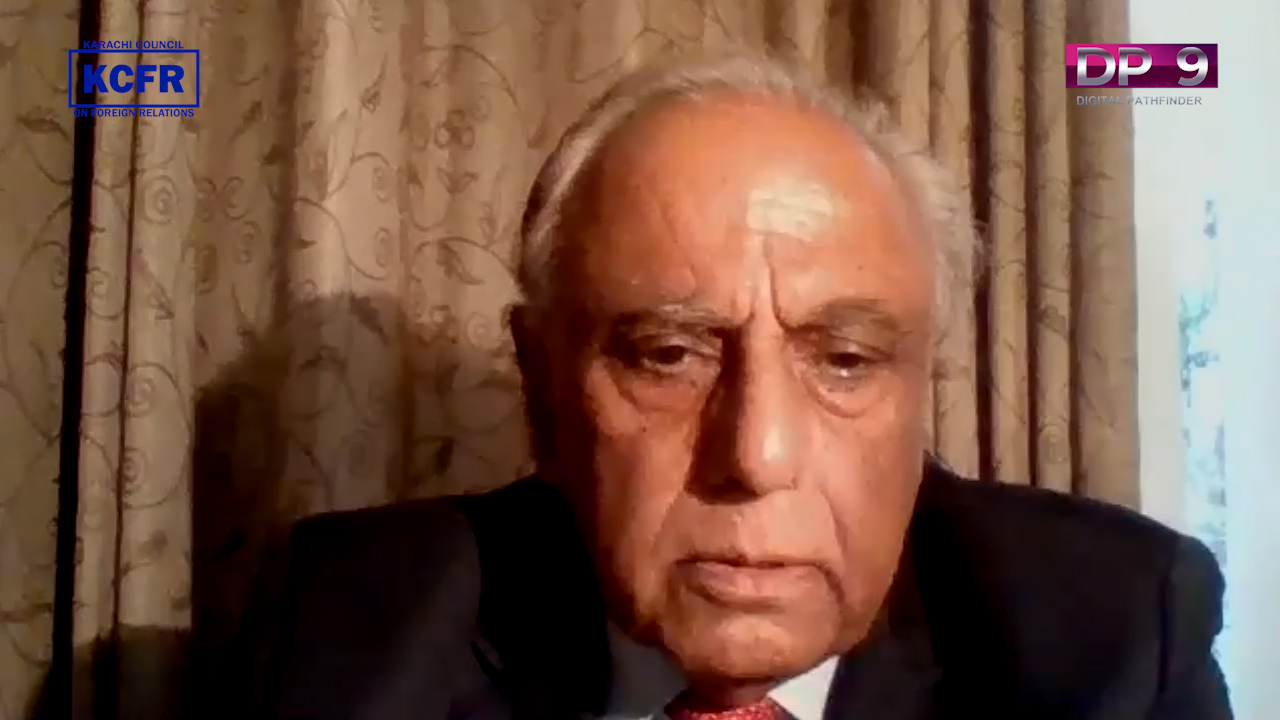
Dr. Rasheed Amjad thanked the organisers for inviting him to speak on a topic which is very relevant today that of stabilizing the economic through realistic reforms but this is always a very daunting task but in the current situation of COVID-19 which has threatened world economies and still not under control in many country, the task of maintaining or achieving macroeconomic stability is perhaps the most difficult one for any country or government. Macroeconomic stability is a prerequisite for entering a stage of high, sustained and equitable growth. from 1960 to 1990 Pakistan was among the 10 fastest growing economy in the world, according the World Bank, but during last 30 years we have not been able to achieve macroeconomic stability, nor have we achieved path of sustained economic growth. The growth period was very short for the last 30 years, the result of which is right there for us to see. Today economies like Bangladesh have a higher per capita GP in Dollar terms and also, as I was surprised to read a day ago, in purchasing power parity, similarly India has almost double that compared to us so we have paid a very heavy price. Saying he said he did not want to blame governments of the past Dr. Rasheed Amjad “but let me say quite honestly that of the last four governments all of them inherited an unenviable situation with unsustainable fiscal current deficit and very high bill to pay on foreign debts. In the end there was no other way out but go to the IMF. again and again we end up in an economic mess including the current one. But I must record here, as far as I can see, the economy has now started to show positive signs of stabilizing whether fiscal deficit or current account deficit which has gone down by an enormous amount. The last government left behind 30 billion dollars financing gap for the new government to pay off with hardly any foreign exchange reserves every government has to stabilize the economy, the window available for economic reforms is not very long. It is good that the government is on the same page as the establishment and this is a good omen.
Dr. Abdul Hafeez Shaikh said when this government took over there was a peculiar situation coupled with bad signs verging on a crisis. With both external and domestic front difficulties and Pakistan‘s inability to merge with the international economy was very much on display. Growth rate was negative when this government came in and a lot of money was spent to keep the dollar and current account deficit. “low amount of dollars that we had were diminished by half due to the previous government. First task was to avoid complete default to which end a lot of bold decisions were taken. Government expenditures were cut down, i.e. salary of cabinet members, other senior officials, froze that of secretaries, generals, etc.“ all this started to show good results, and pre corona of the revenue side, the tax side was moving at about 7% per year, so we were headed for a 4.5 – 4.7 trillion revenue collection. We were able to pay back interest on borrowed loans and in the two years of this government we have paid RS. 5 trillion on loans that were borrowed earlier. Because of our policy of curtailing imports and increase exports the current account deficit came down from 20 billion to only 3 billion. Just before the corona virus we got good reviews, IMF lauded us for our success and Bloomberg gave good reviews, WORLD BANK listed us among top 10 performers fir reducing cost of doing business.
We decided, and this is a hallmark of the PM’s approach to governance, that people who are the least privileged and weakest should be at the forefront and for our Ehsass programme so we doubled the budget from 100 to 192 billion rupees and were able to reach tens of millions, just before corona virus we were able to reach about 4.5 million and after corona virus this number went up to to 1.6 billion. foreign investment started to flow, this is when corona virus struck us, this cannot be helped but clearly with the lockdowns, etc. some of our achievements became diluted. a RS. 1240 billion stimulus package was started and more than 16 million families were given RS. 12000 support each which helped sustain them through this period. To ensure small and medium sized business do not suffer, we deferred loan payments for one year, electricity was paid by the government, if money was needed it was given on low interest, etc. This way 1.3 million jobs were safeguarded from shutdown. Small entrepreneurial programme, Kamyab Jawan was started and in the construction industry that gave massive concessions, etc. all this was done to generate economic activity and at the same time we added 30 billion for the Naya Pakistan Programme. These are extraordinary measures by the government to deal with the corona virus.
The ways which this government is trying to help people, for example during last two years RS. 192 billion were allocated for the merged districts of the federally administered Tribal areas (FATA), RS. 50 billion was given to subsidize food products item in the utility Stores for the month of Ramadan, subsidized 90% for domestic gas users, reduced the cost of fertilizers, we subsidized 100% of tube well users, 70% of electricity users and subsidizing how cost housing, all to mitigate affects of corona virus. all these are big measures to mitigate consequences of the corona virus.
Our new year starts in July 1 and I feel that the emerging situation has some rosy spots, they are the beginning of a new revival, rebound or upward movement along the trajectory of growth. exports risen 6% in July, a 33% rise in cement sales, petrol and diesel consumption has risen between 10% to 15%increased by 55%, fertilizer sales increased about 22%, tractor sales have also risen, our car sales were up and remittances received were US$2.8 billion which is the highest ever in our history and at the same FBR has collected 300 billion rupees in July which is 23% higher than their internal target. all this is getting recognized, Moody and Bloomberg have lauded these achievements and come out with favourable ratings. But obviously we have to build on this. Monetary policy was reduced interest rate from 13 plus to 8% to enable people to borrow. our budget contained no new taxes and came out with subsidies that target the right people. Thank you.
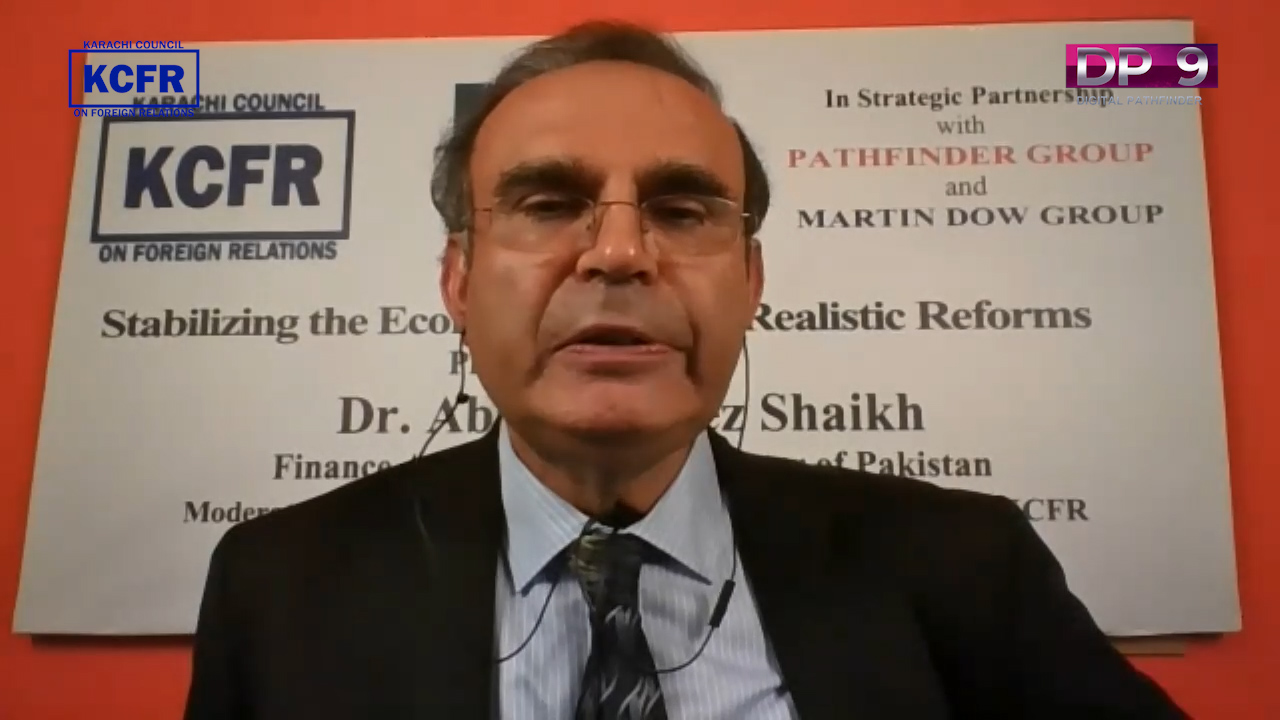
Senior Member KCFR, Moderated the Webinar
Some questions were received from participants, domestic as well as international, for Dr. Hafeez Shaikh to respond. Dr. Shaikh’s responses are being reproduced:
let me first acknowledge we have a very large public sector and we have not done a good job in producing its footprint in the economy. Since 2006 not a single entity was privatized but we are trying to remedy that because that failure has cost Pakistan.
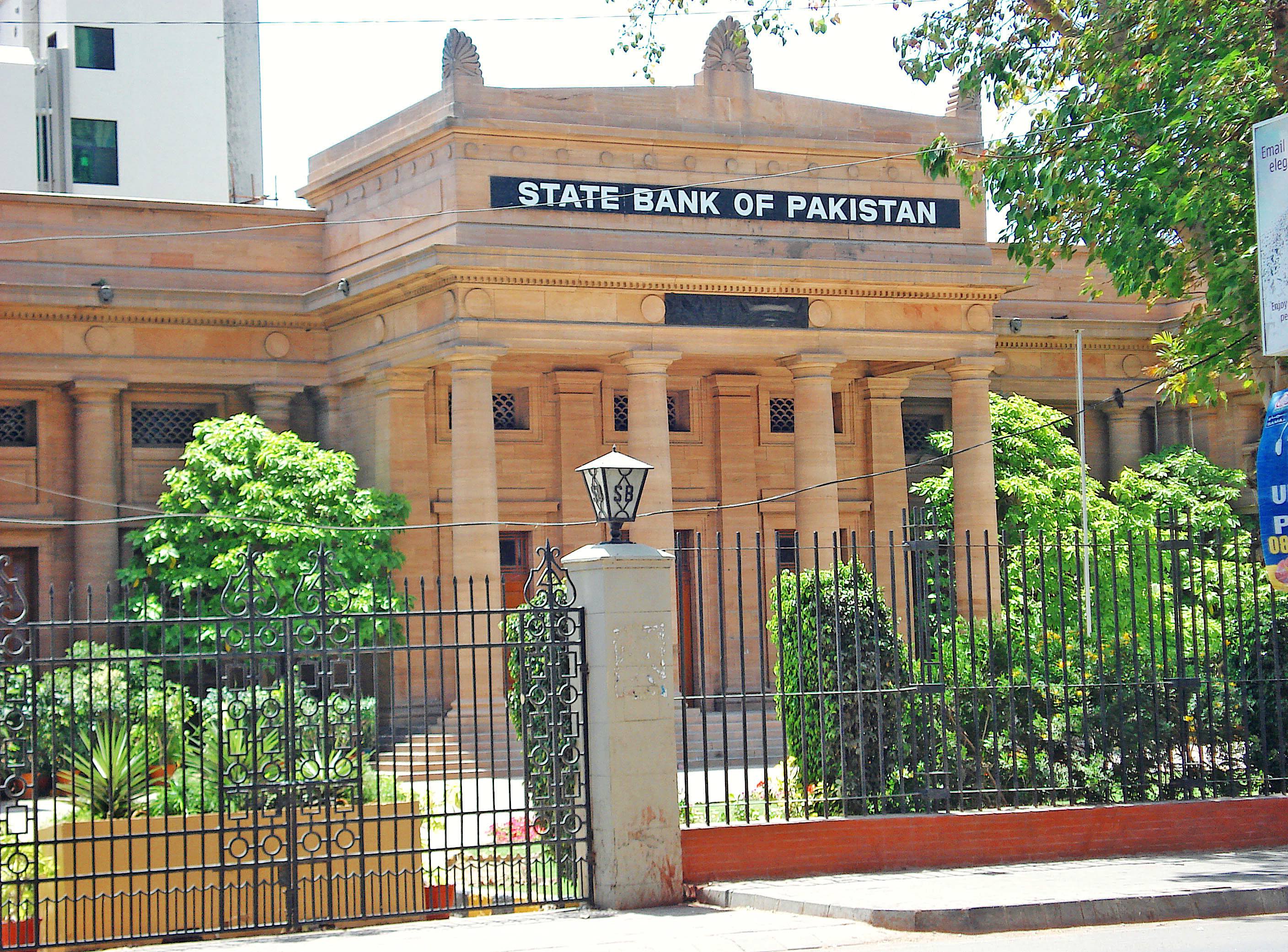
The electric sector is receiving lot of attention, this is a problem since a long time and must find a way to redefine contracts. Some of the technology used in power generation are very old, particularly in distribution sector and requires money which can be hard to find but anyway efforts are going on to change this. There is a thinking that distribution can be given to private sector, like bill collection and leakages minimised. Interest rates are dual edged but this is more in the domain of the State Bank of Pakistan but generally speaking a lot of people are suffering especially those who are retired and get pension, etc. and we must strike a good balance between borrowers and requirement of saver. In previous period before corona. as for job creation this is the primary function of this government, we are giving subsidies to Power and Gas to generate jobs, 400 billion in refunds to the business community so they have liquidity to generate jobs. We have tried to protect 1.3 million jobs through the rozgar Scheme and also decreased the interest rates. Kamyab Jawan programme’s upper allocation was previously RS. 10 million this has been increased to RS. 25 million while interest rates are decreased.
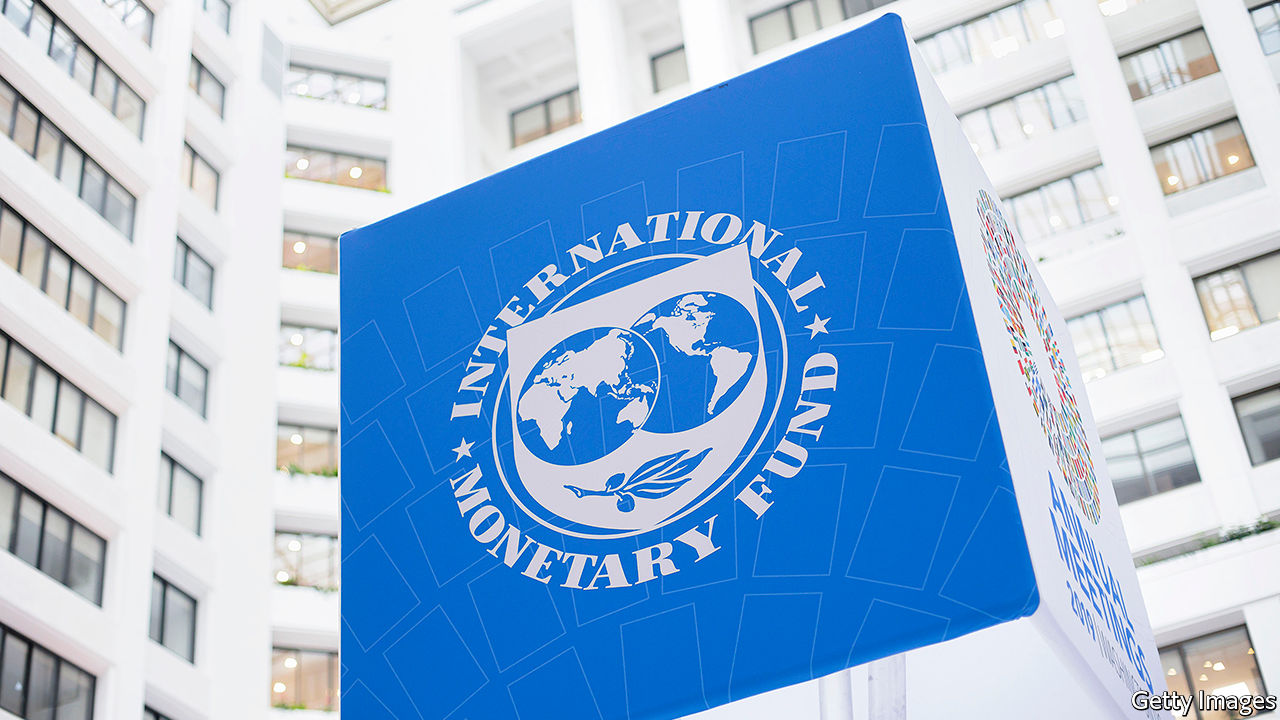
Answering a question pertaining to high foreign remittances, he said that this is a combination of reasons i.e. people are sending more money home as presently these are difficult times, initiative has been provided by reducing cost of sending in money through banks, etc. It could be a combination of many things. We do not want to declare victory prematurely so we will have to monitor the situation and see whether this trend continues or not, only then will we be able to say with confidence about the reason behind this.
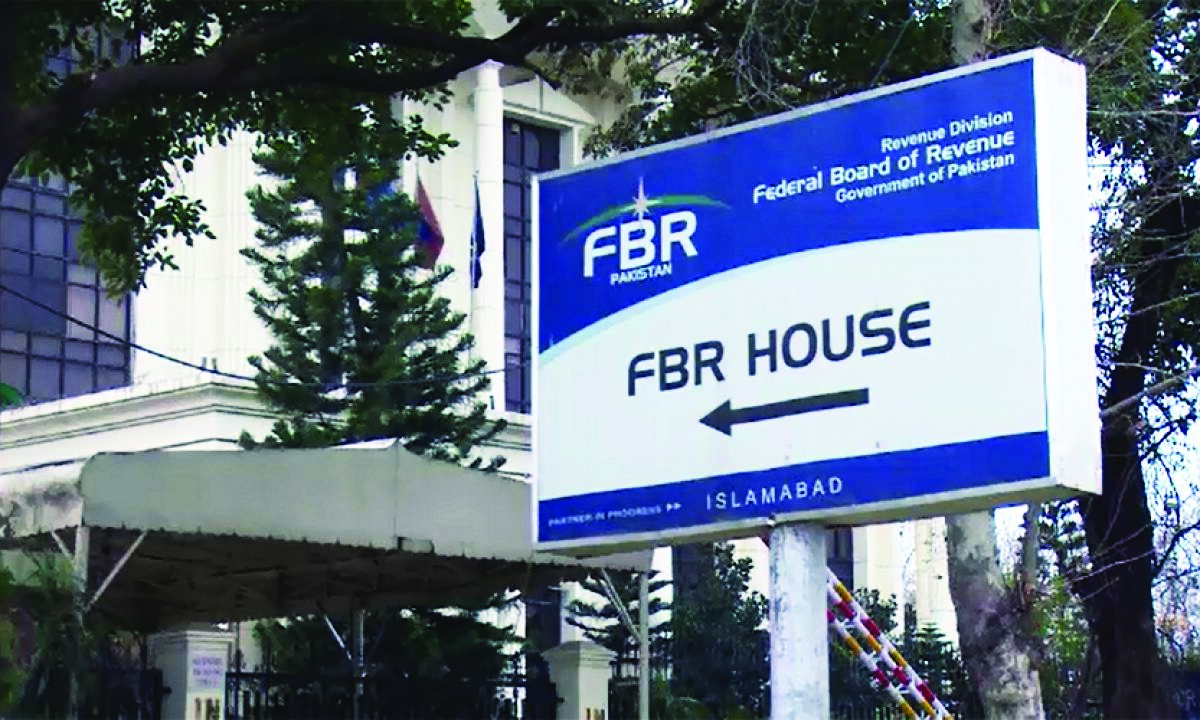
About the 18th amendment Dr. Shaikh said this was the law of the land which is made by Parliament and the idea is to give more autonomy and mandate to the provincial governments. let us recognize that a lot of things that matter to the public, such as health, smaller courts, police, issues related to mother and children and a lot of these are related to the provincial governments. I think if there are resources it is okay provided they are used in a correct manner. In a country like Pakistan where everyone have opinions and his views, this is the beauty of our democracy and I think we should seriously take everyone’s views into account. ultimately legislation is the responsibility of Parliament. as far as agriculture tax is concerned, as you said this is the a provincial tax, they should do in my view a better job of collecting it. If the provincial governments did a better job then Pakistan’s overall tax-GDP ratio would be higher and I think that is the reason our overall tax-GDP ratio is less because our provincial governments have not done a great job and we can only remind them of their responsibility in this area.
To a question about Pakistan Steel Mill Dr. Shaikh said that this is more like a housing mill and is steel mill in name only, it has not produced any steel for years. We are trying to bring in foreign investors to run this entity short of privatizing it.
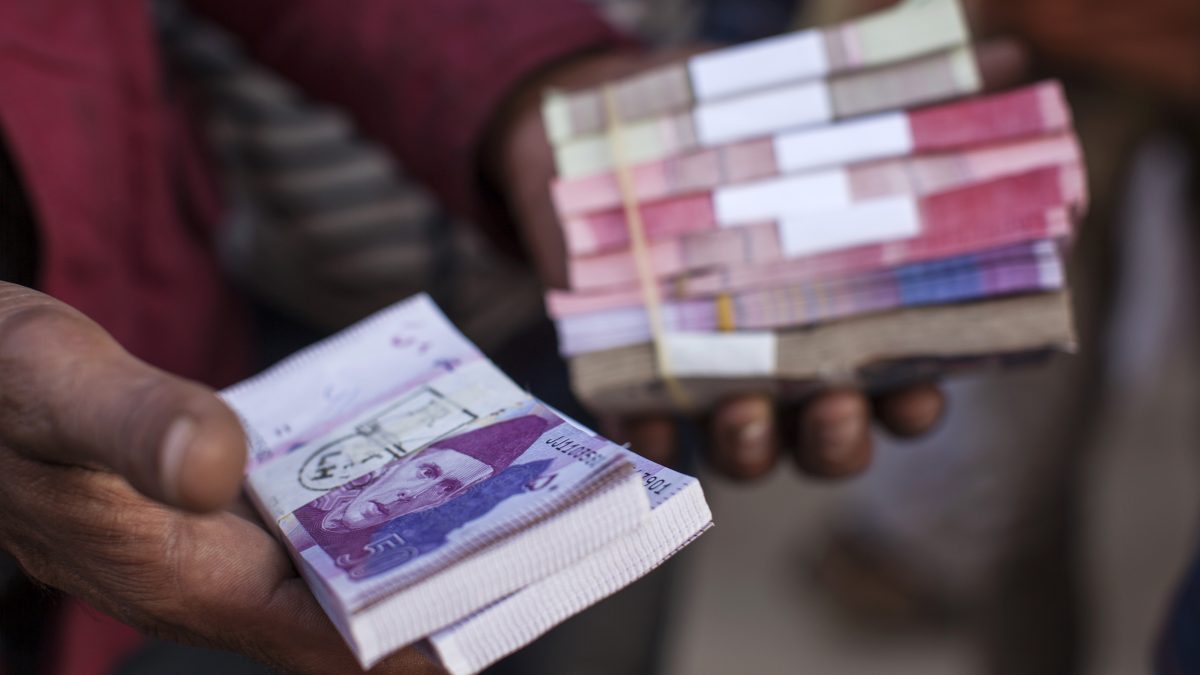
Concluding the webinar Mr. Ikram Sehgal thanked Dr. Abdul Hafeez Shaikh and Dr. Rasheed Amjad for sharing his views on the economy. I have just a few comments because the finance minister has covered almost everything. one is that we must unshackle the economy really like Dr. Shaikh did when he was privatisation minister, this is the central thing. another is that we are dealing with a lot of things in Karachi, one thing, not there because of lack of intention, is Karachi electric (KE) and something must be done about it drastically so that at least KE being a national security asset must work and if Karachi works then Pakistan works. Dr. Shaikh has a tremendous policy, but I learnt that if policy is not implemented particularly when it goes to the bureaucracy things can go wrong, I am tempted to speak about many things here but ethics prevent from doing so. Many things are still required for the vast majority of the people of Pakistan which are held up, these must be brought to the notice of the Prime Minister so that the bureaucracy functions as it should, it must be a facilitator not a blockader. But today there is some light at the end of the tunnel, a real light, not a fake one.
Thank you Dr. Shaikh and goodbye to all participants.




